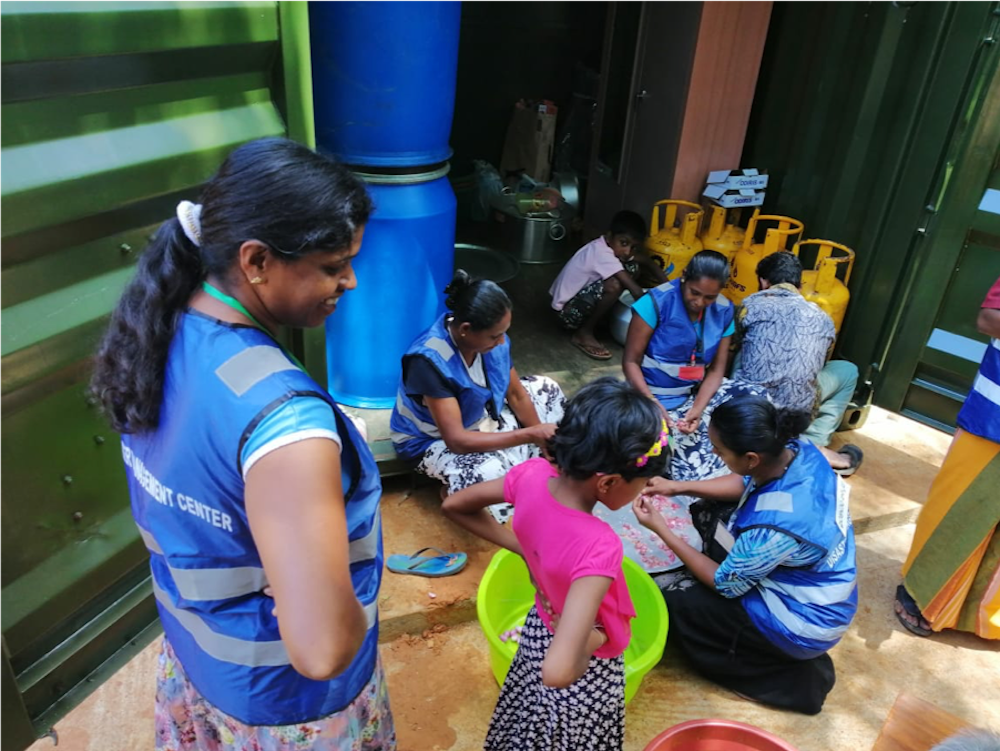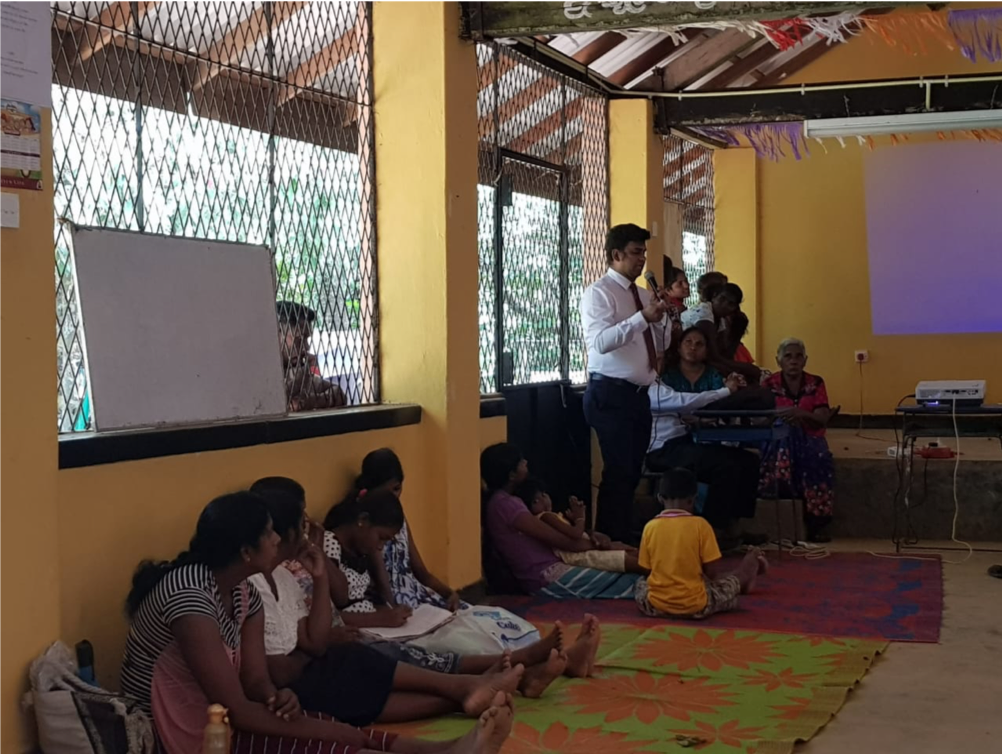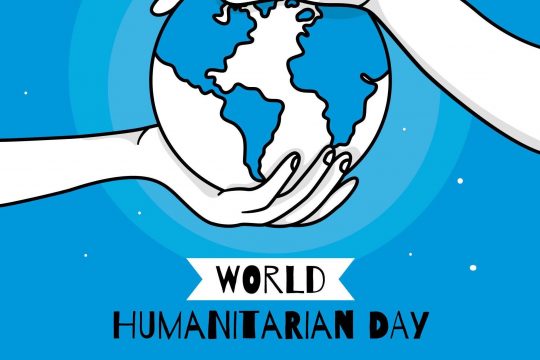Saturday 28th July was an important day for the community at Paragoda West. More than hundred residents at Paragoda West Grama Niladhari division enthusiastically gathered to Kithulegoda Primary School for a mock drill on emergency response. Paragoda West is a small Grama Niladhari Division situated in Bulathasinhala Divisional Secretary division in Kaluthara district of Sri Lanka. This village is highly vulnerable to frequent floods and in the year of 2017, 204 people were displaced, and 117 households were damaged. Under the Asian Preparedness Partnership between Governments, private sector and LNGOs in Sri Lanka, Sri Lanka Preparedness Partnership (SLPP) has been formed and sector level priorities have been identified through stakeholder consultations. The Disaster Management Center (DMC)- Government focal agency of SLPP has identified the importance of preparing comprehensive preparedness planning model which is lacking at the moment in Sri Lanka. The idea is to develop a compatible model that can be replicated in other vulnerable areas in the country.
The Paragoda West GN division was selected to pilot test the proposed comprehensive disaster preparedness model and intends to bring all relevant stakeholders together to prepare communities at risk with particular focus at the divisional level. This will facilitate a more collaborative and systematic approach to avoid duplication of interventions, roles and responsibilities as well as maximum use of available resources. Several initiatives took place at Paragoda West as part of the comprehensive disaster preparedness model plan development process over the past six months under SLPP. A household survey was carried out to understand the common vulnerabilities and hazards in the village and livelihood capacities of the community. Followed by the survey, a GIS data base was developed to accommodate the information needs for better preparedness of the community. Inundation maps were also developed using GIS applications to supplements the preparedness information need. Kithulegoda primary school was upgraded as a community safe centre with required infrastructure facilities and utensils. Preparedness mock drill is one of the crucial steps in the model plan development process.

The mock drill was organized to make the village community prepared in responding to the frequent floods faced by them. Pre preparation for the mock drill was done with the participation of representatives from Disaster Management Centre (DMC), Grama niladhari of Paragoda West GN division, Asia Lanka Social Development Cooperation (ALSDC) the LNGO representative of SLPP in Kalutara district and the SLPP project team. All the logistics were arranged and tokens were issued for each house hold in the village. The relevant committees were formed well before the mock drill and trained for their respective roles. The tasks assigned to the different committees ranged from administration of the camp site, supply of first aid, supply of food, search and rescue, supply of health and sanitation facilities, ensure safety and security and store keeping. The community was also informed about the contents to carry to the safe center as an emergency kit – part of the early warning training. The kit also included essential medicines and legal documents collected prior to the mock drill.

Just after the announcement of the early warning message, the community reached the safe centre with the token provided and the emergency kit. Each person was registered by the registration committee and directed to the relevant committees as required. a debriefing was conducted thereafter to share learnings. The community was briefed about the importance of conducting a mock drill. The inundation maps of the area developed were showcased with the household data. The community appreciated the efforts and knowledge gained about early warning and emergency response tasks while the committees were also trained on effective camp management preparations.


